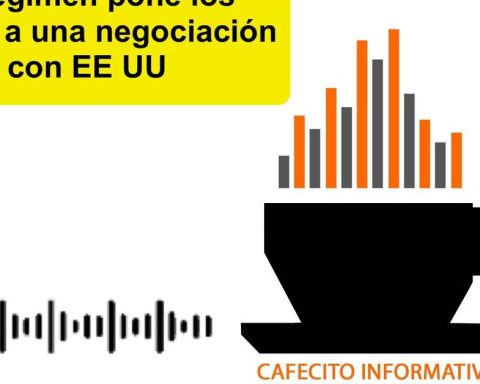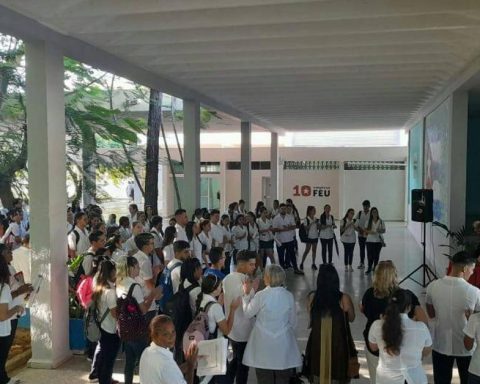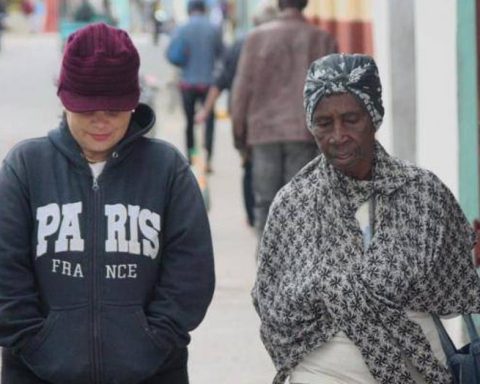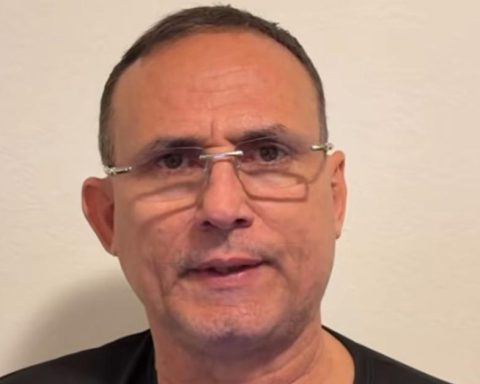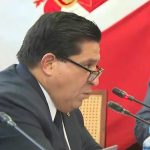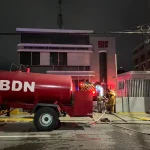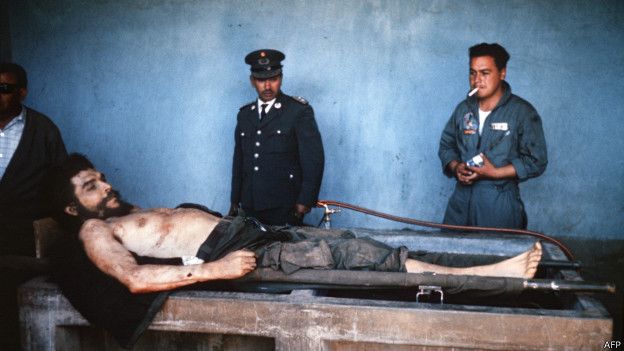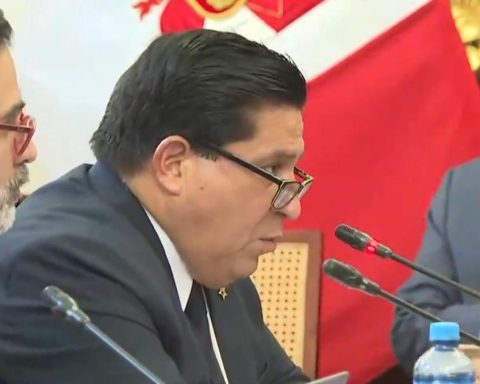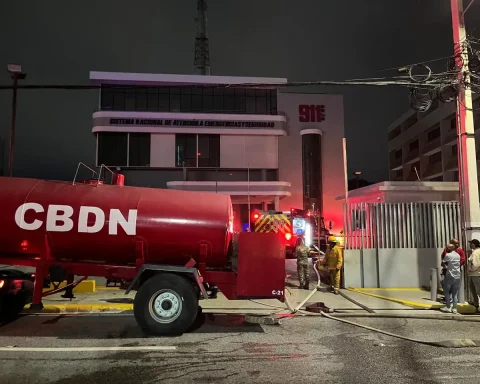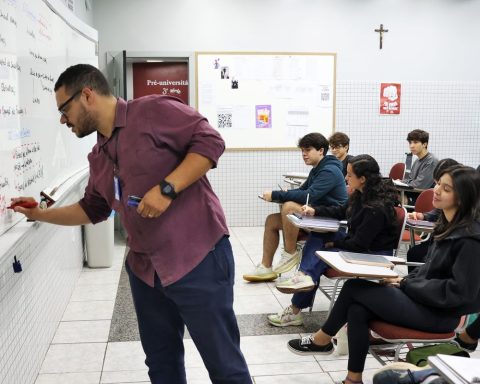After two years without being held due to the covid-19 pandemic, the National School Games have restarted this Wednesday with an official act in the city of Santa Clara, but the event began with setbacks. The children participating in this 58th edition had to travel from other provinces sitting on the floor of the train due to poor management by the organizers.
With 22 disciplines that are disputed in 14 Cuban provinces, the Games were inaugurated by the president of the National Institute of Sports, Physical Education and Recreation (Inder), Osvaldo Vento, an act that the official press covered without mentioning the discomfort of parents and children due to transportation problems that made several athletes desist from participating.
“They allocated only one train for all the athletes. It is the same one that goes from Havana to Guantánamo, picking up children and leaving others because some disciplines are played in one place and others in another. For example, judo competitions are in Guantánamo “, details Lesmes Fajardo, uncle of one of the children who participates in the Games in the discipline of chess.
“The Inder coordinated a train that was going to leave from La Coubre with the athletes from Pinar del Río and Havana, which would go through the entire island picking up the participants and distributing others according to the place where their specialty is disputed. My nephew had to go from Matanzas to Santa Clara, luckily he didn’t have such a long stretch,” explains Fajardo, who currently resides in Guayaquil, Ecuador.
“The train had to have left at 8:30 at night and it was one in the morning and it still hadn’t left. It arrived in Matanzas after four in the morning”
“The train had to have left at 8:30 at night and it was one in the morning and it still hadn’t left. It arrived in Matanzas after four in the morning. The children from Matanzas were at the station from 7:00 pm and they didn’t give them any information. They called those from Havana and they didn’t know when he was going to leave either,” he explains to 14ymedio.
“Since he left Havana he already came with children in the apartment,” he adds. “My sister’s first reaction was to tell my nephew that they were no longer going to the event because ‘I was going to arrive dead’ after traveling sitting on the ground, but he insisted because it is the national Games. He did it because of his commitment to the sport”. That “was total chaos” emphasizes the emigrant.
“My sister was that if they punctured her, she would not bleed because of poor organization,” she says. Fajardo kept in touch with his family during the long wait. “Those in the image are not children trying to cross into the United States in containers. They are Cuban children, high-performance athletes traveling to the national school games on a train ordered by the Government that will run from Havana to Guantanamo. No seats.” he wrote annoyed on Twitter.
“The abuse, the irresponsibility and the apathy we all know are rampant in Cuba, but they do not miss the opportunity to surprise us. Then the dictatorship regrets when its athletes stay in the first international tournament they go to,” said the emigrant. Fajardo’s sister also called the treatment of the children “degrading.”
In Santa Clara the chess, boxing and table tennis athletes stayed but others had to continue their journey still on the floor of the train. “My son has to go to Guantánamo because he is a judoka, they did not let us accompany him because they said that the parents could not go, but I thought that my child would be well taken care of,” laments the mother of another athlete, who prefers to keep the anonymity.
“My son has not yet been able to get a seat and he will arrive at Guantánamo very tired, but nobody takes that into account for the competition,” questions the woman who lives in the city of Matanzas. “Everything has been very improvised but many parents do not dare to file a complaint so that their children do not look for problems. Surely the Inder officials travel in comfortable cars.”
At the close of this information, the train had not yet completed its journey. “It’s in Ciego de Ávila,” points out Lesmes Fajardo.
________________________
Collaborate with our work:
The team of 14ymedio is committed to doing serious journalism that reflects the reality of deep Cuba. Thank you for joining us on this long road. We invite you to continue supporting us, but this time becoming a member of our journal. Together we can continue transforming journalism in Cuba.

